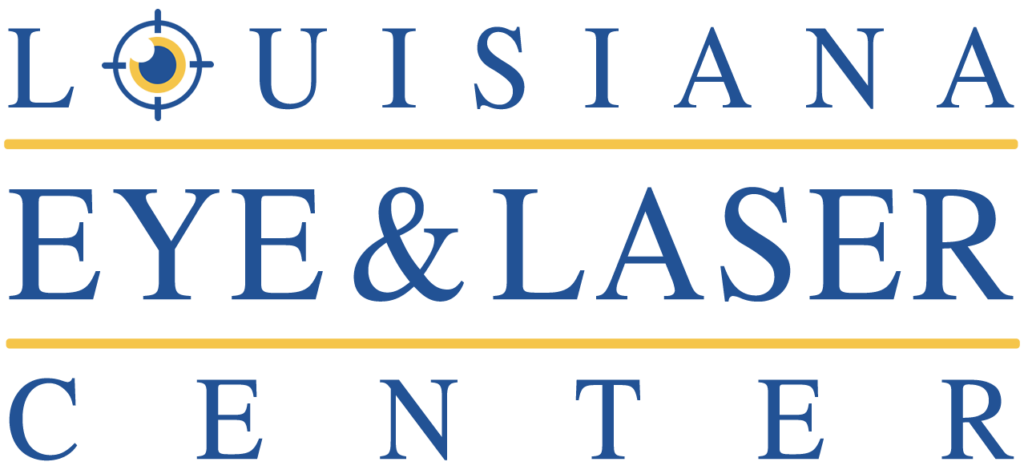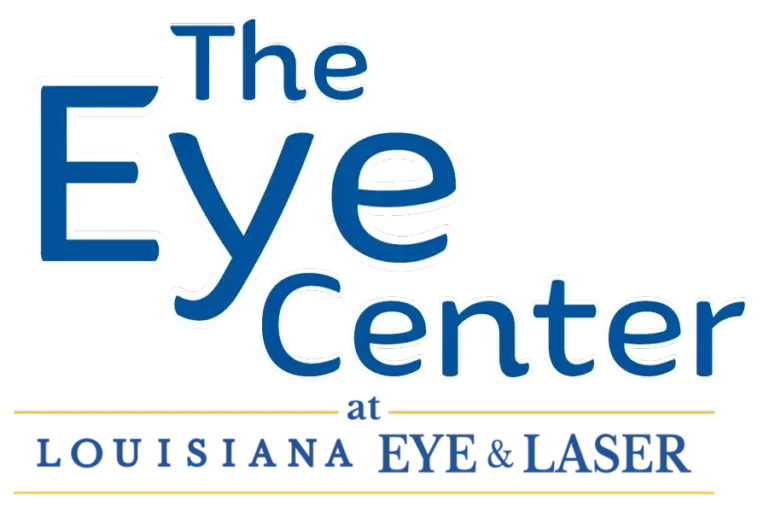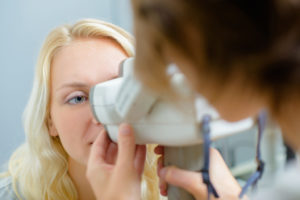
Your visual health is an important part of your overall well being, which is why it’s important that you visit your eye doctor for a regular eye exam. While some only visit the eye doctor when we realize there is a problem, this may be too late in some cases. Regular eye exams can help catch disorders in the early stages rather than after the damage has been done. Want to learn more about what happens during an eye exam? Read on below for more information and answers to common patient questions.
Table of Contents:
- Why do I need an eye exam?
- What happens during an eye exam?
- What do I do after my eye exam?
- How often should you get an eye exam?
- What is a diabetic eye exam?
Ready to schedule an eye exam or have questions about your vision or health? Contact our team at Louisiana Eye & Laser Center by phone or schedule your appointment below.
Why do I need an eye exam?
Even if you think your vision is fine, you should regularly see an eye doctor just to be sure. Many eye diseases such as glaucoma or age-related macular degeneration don’t show signs in the early stages. Patients who wear glasses or contacts often don’t notice immediately when their prescription needs to be updated. Catching these problems in the early stages makes treatment more effective and reduces your chances of vision loss. Even when you think your eyes are fine, getting a regular eye exam is the only way to know for certain that your eyes are healthy.
At Louisiana Eye & Laser, we see patients of all backgrounds and ages. We recommend that everyone have an annual eye exam. Patients who are older, wear glasses or contacts, have a family history of eye disease, or have an existing eye condition should have eye exams more frequently. We recommend that children begin having regular eye exams after they turn six.
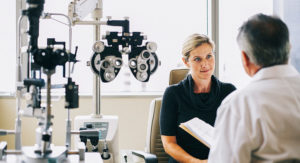
What happens during an eye exam?
Before your exam, your doctor will need to know a bit about your medical history. This may include information specifically about your eyes as well as other general health questions. It will be important to disclose any medications you are currently taking as well as conditions that affect your entire body, such as diabetes, high blood pressure or heart disease. This information will help your eye care professional determine which tests to administer and how best to treat you.
The actual eye exam is normally quick and painless, with the patient being awake and either standing or seated. Depending on the patient, an eye exam may look different from person to person. Generally, your doctor will first test your visual acuity by asking you to read letters from an eye chart. Your doctor may also use a cover test to better understand how your eyes work together. During a cover test, you may be asked to focus on a small object using just one eye at a time. Another standard test is an ocular motility test, which tests the way your eyes move by having you follow a moving object. There are many other routine eye tests that your doctor may administer, depending on your symptoms and/or patient history. Some of these may involve flashing lights or eye drops. If you have questions about your exam, our highly-trained and professional staff are always happy to help you understand what we’re doing!
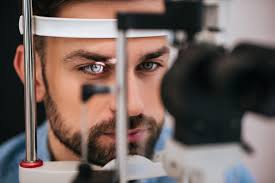
What happens after an eye exam?
Immediately after your exam, your doctor will review your results with you and make recommendations for moving forward with your eye care. If you need glasses, your doctor will provide you with a prescription. If your eye exam reveals any abnormalities, your doctor will discuss either further testing or treatment as needed. After this, you get to go about your normal business as usual!
How often should you get an eye exam?
Getting your eyes checked regularly is an important part of maintaining your ocular health. Many of our patients wonder how often they should come in for an eye exam. The frequency you receive an eye exam is dependent on a few different factors. Some people should receive an eye exam more often than others. The factors that determine how often you should get an eye exam include age, family history, and your eyes.
People under the age of forty should try to get their eyes checked more frequently than those who are over the age of forty. If you are under the age of forty it is recommended that you get an eye exam about every 5 years. Those over the age of forty should schedule eye exams more frequently. People with family history or prior experiences with eye conditions such as glaucoma should schedule more frequent eye exams. Your eye doctor will talk to you about scheduling eye exams at the appropriate intervals to ensure that you and your vision stay healthy.
If you have any questions about when you should schedule an eye exam, or would like to go ahead and schedule an appointment at Louisiana Eye & Laser Center, give us a call or fill out the online contact form on this page. We will be happy to answer any questions you have and help you schedule an appointment.
What is a diabetic eye exam?
Patients with diabetes are at an increased risk of diabetic retinopathy. For this reason it is important for those with diabetes to receive regular eye exams. Diabetic eye exams differ from a traditional eye exam in the way that they are focused on looking for signs of diabetic retinopathy which can result in vision loss or even blindness.
If you have type 1 diabetes the ADA recommends that you schedule a diabetic eye exam within 5 years of being diagnosed. If you have type 2 diabetes, it is recommended that you schedule an eye exam as soon as possible. If you have diabetes and would like to schedule a diabetic eye exam with Louisiana Eye & Laser Center, give us a call or fill out the online contact form on this page.
Eye Exams at Louisiana Eye & Laser
We’ve been providing eye exams for over forty years and we’re always happy to schedule new patients. Whether you’re having trouble seeing or if it’s just been a while since you’ve seen an eye doctor, we’ve got you covered! Routine eye exams are an important part of your overall health that can help detect problems you may not even realize you have. Don’t wait – schedule online or by calling or visiting one of our 14 convenient locations to get the clear vision you deserve.
